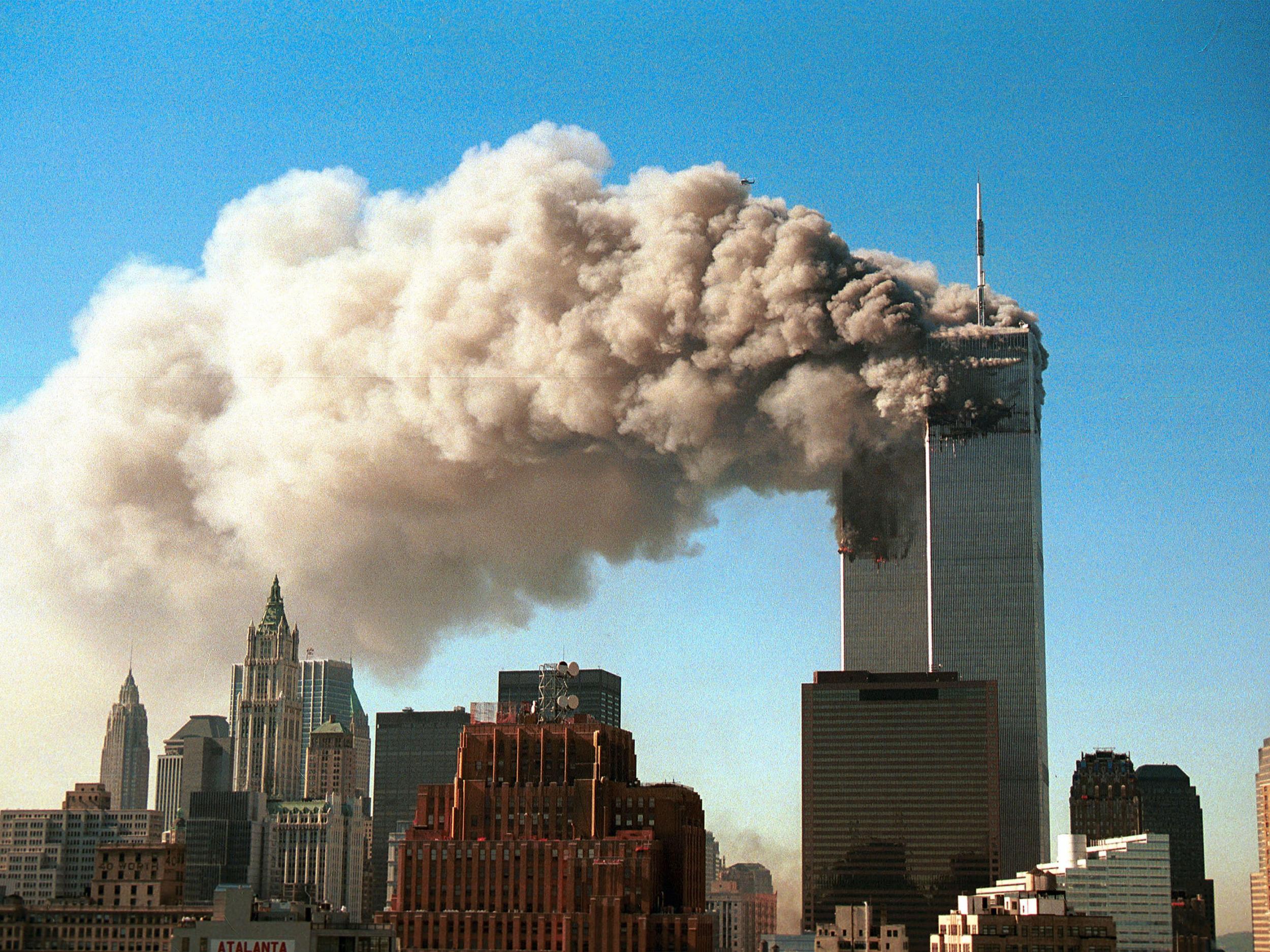Saudi Arabia government ‘funded dry run' for 9/11, legal documents claim
Two Saudi nationals and government employees tested flight deck security on internal flight

The Saudi Arabian embassy in Washington DC may have funded a “dry run” of the 9/11 attacks, according to evidence submitted to an ongoing lawsuit against the Saudi government.
As reported by the New York Post, the embassy might have used two of its employees for the so-called dry run before a dozen hijackers flew two planes into the Twin Towers, killing nearly 3,000 people in 2001.
The complaint, filed on behalf of 1,400 family members of the victims, stated that the Saudi Government paid two nationals, posing as students in the US, to take a flight from Phoenix to Washington and test out flight deck security before 9/11.
Sean Carter, lead lawyer for the plaintiffs, said, "We've long asserted that there were longstanding and close relationships between al Qaeda and the religious components of the Saudi government."
The Saudi government has long denied any links to the terrorists and lawyers representing the government have filed motions to dismiss the claims. The plaintiffs must respond to the motion by November.
The case can then go to trial thanks to the Justice Against Sponsors of Terrorism Act which was voted into law by Congress last September, despite a veto from former President Barack Obama and lobbying from the Saudi government. The law allows survivors and relatives of victims to sue foreign governments in US federal courts.
According to the documents and as reported by the New York Post, the class action lawsuit argued that “a pattern of both financial and operational support” from the Saudi government helped the hijackers in the months before the attacks.
FBI documents, submitted as evidence, claimed that the two Saudi nationals who came to the US, Mohammed al-Qudhaeein and Hamdan al-Shalawi, were in fact members of “the Kingdom's network of agents” in the country. The documents claimed the men trained in Afghanistan with a number of other al-Qaeda operatives that participated in the attacks.
Qudhaeein was allegedly employed at the Saudi Arabia’s Ministry of Islamic Affairs, and Shalawi was a “longtime employee of the Saudi government” in Washington DC.
In November 1999 they boarded an America West flight to Washington, and tried to access the cockpit several times, asking the flight attendants “technical questions” and making the staff “suspicious”.
Qudhaeein reportedly asked staff where the bathroom was and was pointed in the right direction; instead he tried to enter the cockpit. The pilots made an emergency landing in Ohio and the two men were released after an initial interrogation from the FBI.
Their plane tickets were reportedly paid for by the Saudi Embassy, according to Kristen Breitweiser, whose husband was killed in 9/11.

The two men also reportedly attended a symposium in Washington, organised by the Saudi embassy in association with the Institute for Islamic and Arabic Sciences in America, which employed late al-Qaeda cleric Anwar al-Awlaki as a lecturer. He later helped the hijackers to get housing and ID when they arrived in early 2000.
The Post reported that the Saudi nationals lived in Arizona and had frequent communication with Saudi officials.
Mr Carter said the allegations in the class action lawsuit were based on almost 5,000 pages of evidence.
A total of 15 of the 19 hijackers were Saudi. Hundreds of thousands of US documents regarding Saudi Arabia remain secret.
Join our commenting forum
Join thought-provoking conversations, follow other Independent readers and see their replies
Comments
Bookmark popover
Removed from bookmarks